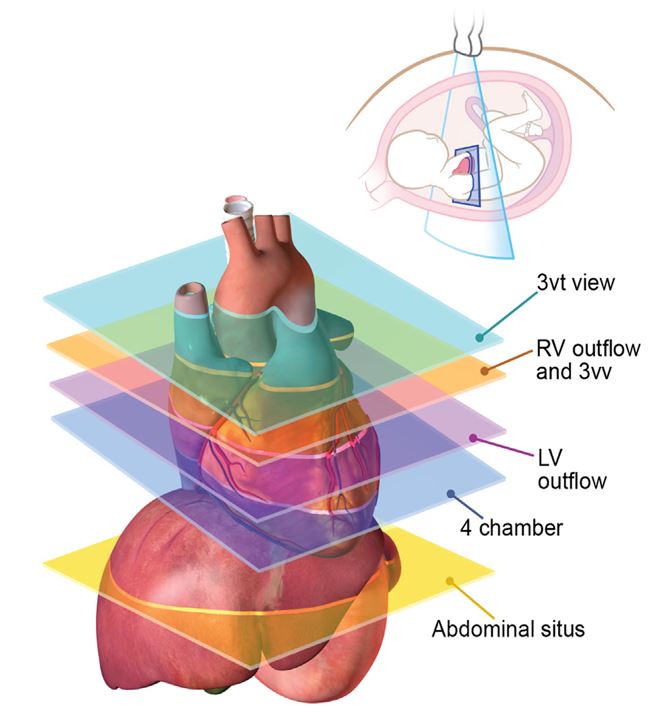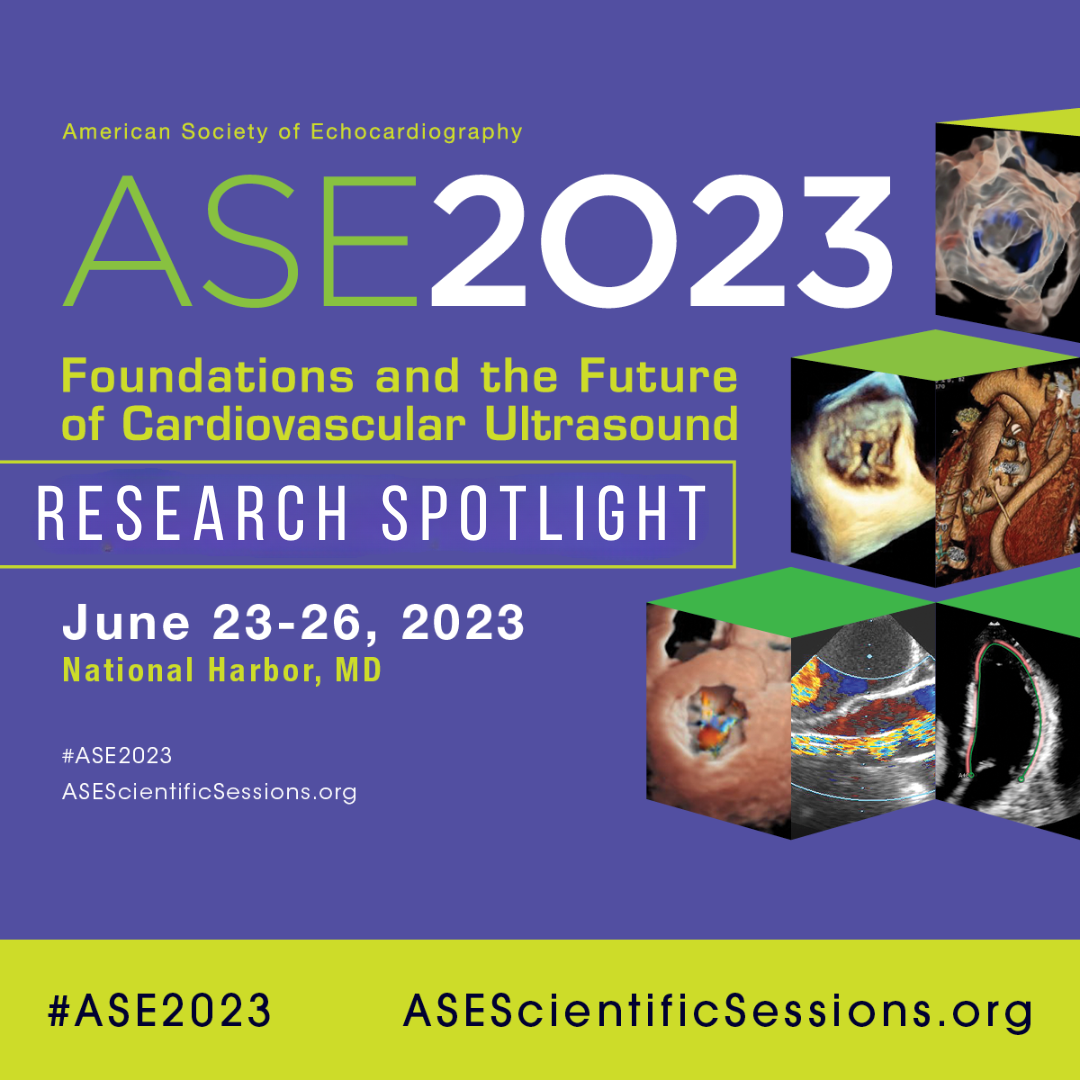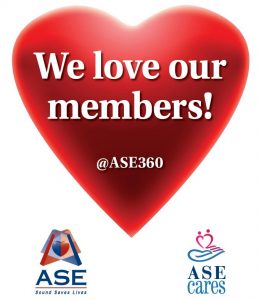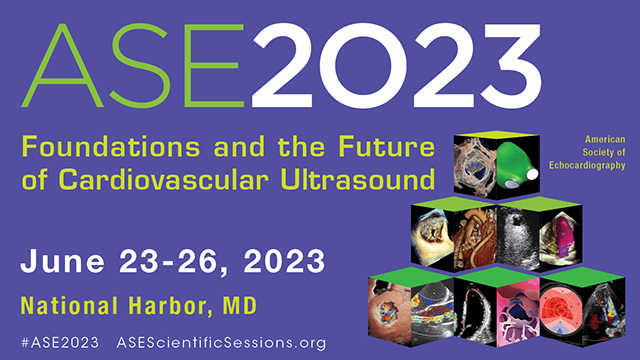The fall season brings with it the potential for government shutdown on October 1. We are seeing this play out this week as Congress has yet to pass any of the 12 FY2024 appropriations bills or a short-term spending bill (i.e., Continuing Resolution (CR)) to keep the government funded while Congress continues to work on a broader spending package. The Senate is expected to vote by Saturday on a CR that would fund the government until November 17. There are two CR proposals in the House—one to fund the government for 30 days and the other until January 11—but a vote has not been scheduled and may not be by the October 1 deadline. Below are some highlights of the impact on key health policy areas in the event Congress does not pass a CR by midnight Saturday, September 30, and there is a government shutdown.
Congress
- Congressional offices will remain open.
Medicare and Medicaid
- The Centers for Medicare & Medicaid Services (CMS) will continue to process claims.
- Physicians would not have to hold claims until the CR passes, but there could be a delay in payment if the shutdown is prolonged and funding to Medicare Administrative Contractors is delayed.
- If the shutdown is prolonged, it is possible that the release of the Medicare physician fee schedule final rule, outpatient prospective payment system final rule, and other major regulations could be delayed.
- Medicare benefits will not be affected.
- Medicaid has full funding for the next three months.
- Approximately half of CMS employees would be deemed essential and continue to work, although many would be unpaid until the shutdown ends.
- CMS staffing levels may not be sufficient to respond to physicians’ questions about Medicare policies or scores under the Merit-based Incentive Payment System (MIPS).
- Center for Medicare and Medicaid Innovation (CMMI) staff may continue to develop new alternative payment models, but any new model that CMMI plans to formally announce would likely be delayed.
Department of Health and Human Services (HHS)
- HHS will use its authority under the Antideficiency Act (ADA) to maintain existing HHS activities, including research and vaccine and therapeutic development.
- CMS will maintain the staff necessary to make payments to eligible states for the Children’s Health Insurance Program (CHIP).
- CMS will continue Federal Exchange activities, such as eligibility verification, using Federal Exchange user fee carryover.
- The Substance Abuse and Mental Health Services Administration (SAMHSA) will continue substance abuse and mental health programs, including those that provide critical behavioral health resources in the event of a natural or human-caused disaster such as Disaster Behavioral Health response teams, the 24/7 365 day-a-year Disaster Distress Helpline that provides crisis counseling to people experiencing emotional distress after a disaster, and the 988/Suicide Lifeline to connect people in crisis with life-saving resources.
- The Administration for Strategic Preparedness and Response (ASPR) will maintain the minimal readiness for all hazards, including COVID-19, pandemic flu, and hurricane responses.
- The National Institutes of Health (NIH) will continue research and clinical activities.
- The Food and Drug Administration (FDA) will continue to support drug and medical device reviews, as well as emergency use authorizations and countermeasures to fight the COVID-19 pandemic. FDA will also continue core functions to handle and respond to emergencies, such as monitoring for and quickly responding to outbreaks related to foodborne illness and the flu, supporting food and medical product recalls when products endanger consumers and patients, pursuing criminal and certain civil investigations when the public health is at risk, and screening the food and medical products that are imported to the U.S.
- HHS will continue to protect human life and property, such as monitoring for disease outbreaks conducted by the Centers for Disease Control and Prevention (CDC).
- CMS regulations and guidance related to the No Surprises Act, including the Independent Dispute Resolution process, could be delayed.
- The Health Resources and Services Administration (HRSA) will continue to oversee many direct health services and other activities funded through carryover balances, such as the Ryan White HIV/AIDS program – Parts A and B and Ending the HIV Epidemic.
- The Agency for Healthcare Research and Quality (AHRQ) will continue activities funded through the Patient-Centered Outcomes Research Trust Fund (PCORTF).
- Advanced Research Projects Agency for Health (ARPA-H) is under a three-year appropriation; all of ARPA-H activities would continue during a lapse of appropriation.
- The Indian Health Service (IHS) is under advance appropriations for FY 2024; the majority of IHS-funded programs will remain funded and operational in the event of a lapse of appropriation.
Miscellaneous
- Supplemental Nutrition Assistance Program (SNAP) will continue at least through October.
- The Special Supplemental Nutrition Program for Women, Infants and Children (WIC) could begin an immediate reduction in benefits a few days after the shutdown starts, although some states may be able to use extra funding to maintain funding for a week or two.
- Student loan payments: The beginning of a government shutdown could coincide with the restart of federal student loan payments in the U.S. on Oct. 1, but borrowers will still have to make payments to their loan service providers.








